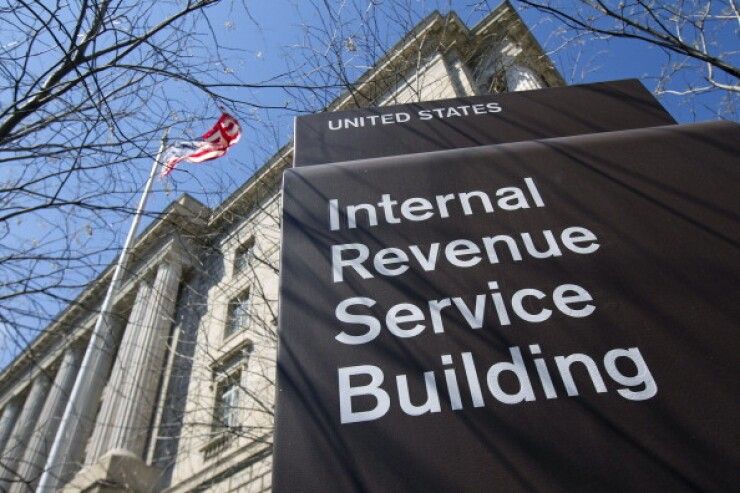
IRS Announces How Businesses Can Withdraw Their Employee Retention Credit Claims
Since the start of the COVID-19 pandemic, the Internal Revenue Services (IRS) has been providing various tax credits and incentives to help struggling businesses and individuals. One of those initiatives was the Employee Retention Credit (ERC), a tax credit aimed at helping businesses retain their employees during such a challenging economic time. Recently, the ERC has been at the center of growing concerns about aggressive marketing tactics and potential scams surrounding the ERC claims. As a result, the IRS recently announced how businesses can withdraw their ERC claims. Let’s look at this tax credit and how San Francisco businesses can withdraw their claims.
When properly claimed, the ERC is a refundable tax credit designed for businesses that continued paying employees during the COVID-19 pandemic while their business operations were fully or partially suspended due to a government order; or they had a significant decline in gross receipts during the eligibility periods. The credit is not available to individuals. Additionally, to be eligible for the ERC, businesses must have been significantly impacted by the pandemic during certain qualifying periods.
The problem is that scammers started to target businesses that filed for ERC tax credits. Recently, the IRS identified several warning signs, such as unsolicited calls or advertisements offering easy application processes. They also saw promoters claiming they can quickly determine eligibility, and asked for large up-front fees based on a percentage of the ERC refund.
As part of an effort to protect small businesses and organizations from these scams, the IRS announced a special withdrawal option to help small business owners and others who were pressured or misled by ERC marketers or promoters into filing ineligible claims.
This new withdrawal option allows certain employers that filed an ERC claim, but have not yet received a refund, to withdraw their submission and avoid future repayment, interest and penalties. Employers that submitted an ERC claim that is still being processed can withdraw their claim and avoid the possibility of getting a refund for which they’re ineligible. Claims that are withdrawn will be treated as if they were never filed. The IRS will not impose penalties or interest. The IRS also recently announced that it was imposing a moratorium on processing new ERC claims following the receipt of several ineligible ERC claims.
If business owners elect to withdraw an ERC claim, they should follow the instructions based on how they filed. For example, taxpayers whose professional payroll company filed their ERC claim should consult with the payroll company. The payroll company may need to submit the withdrawal request for the taxpayer, depending on whether the taxpayer’s ERC claim was filed individually or batched with others. Taxpayers who filed their ERC claims themselves, haven’t received, cashed or deposited a refund check and have not been notified their claim is under audit should fax withdrawal requests to the IRS using computer or mobile device. Employers who have been notified they are under audit can send the withdrawal request to the assigned examiner or respond to the audit notice if no examiner has been assigned.
The ERC are tricky waters to navigate. If you are a San Francisco business owner that filed a claim, it’s best to work with an experienced tax attorney who can give you advice and help you through the withdrawal process.
Allison Soares is a partner and tax attorney at Vanst Law. It doesn’t matter the issue: audits, collections, appeals, international disclosures, grumpy people— Allison enjoys fixing problems. In addition to her legal work, she has worked in accounting and utilizes that knowledge to her advantage while handling cases involving EDD audits.

